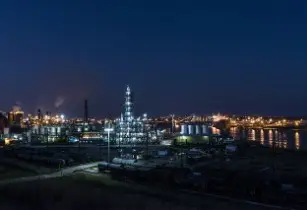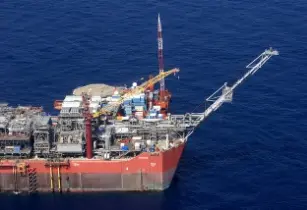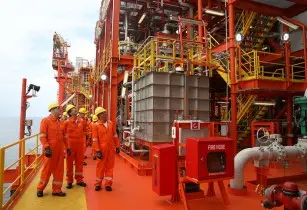Analysis of planned Fluid Catalytic Cracking (FCC) unit capacity of refineries shows that the Ratnagiri refinery in India has the highest planned FCC capacity globally, with 312 mbl per day during 2018 to 2022, with China and Nigeria following with 304 mbl and 247 mbl per day respectively, according to GlobalData, a leading data and analytics company
Exploration
Nigeria hopes to pass long-delayed oil industry bill by end of March
Nigeria hopes that a long-delayed bill to reform parts of its oil industry will be sent to President Muhammadu Buhari to be signed into law by the end of March, according to a report by Reuters
Shell unit, Nigeria's GT Bank grant Amni International US$270mn loan
British oil major Royal Dutch Shells unit and Nigerias Guaranty Trust Bank granted Nigerian oil producer Amni International Petroleum Development a loan amounting to US$270mn
Eni announces start of production from deepwater oilfield offshore Angola
Eni said the company and state-owned Sonangol began oil production from the deepwater Ochigufu field offshore Angola amidst brisk activity for the company in the continent
Xodus Group delivers Tunisian decommissioning study for TPS
Energy services company Xodus Group has delivered a decommissioning and abandonment study for wells, surface and subsea facilities in Tunisia for Thyna Petroleum Services (TPS)













